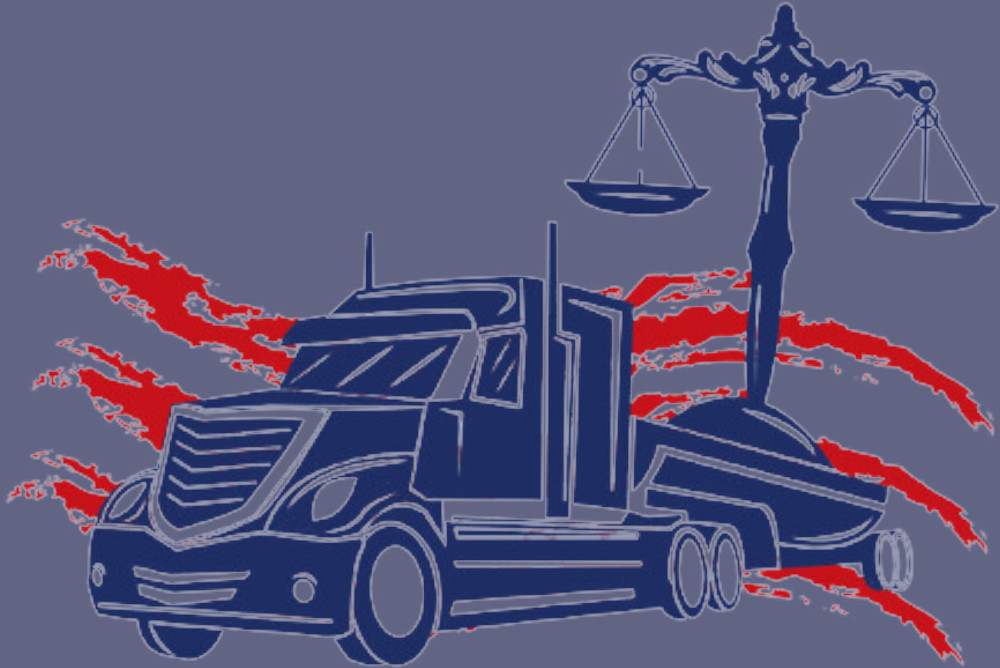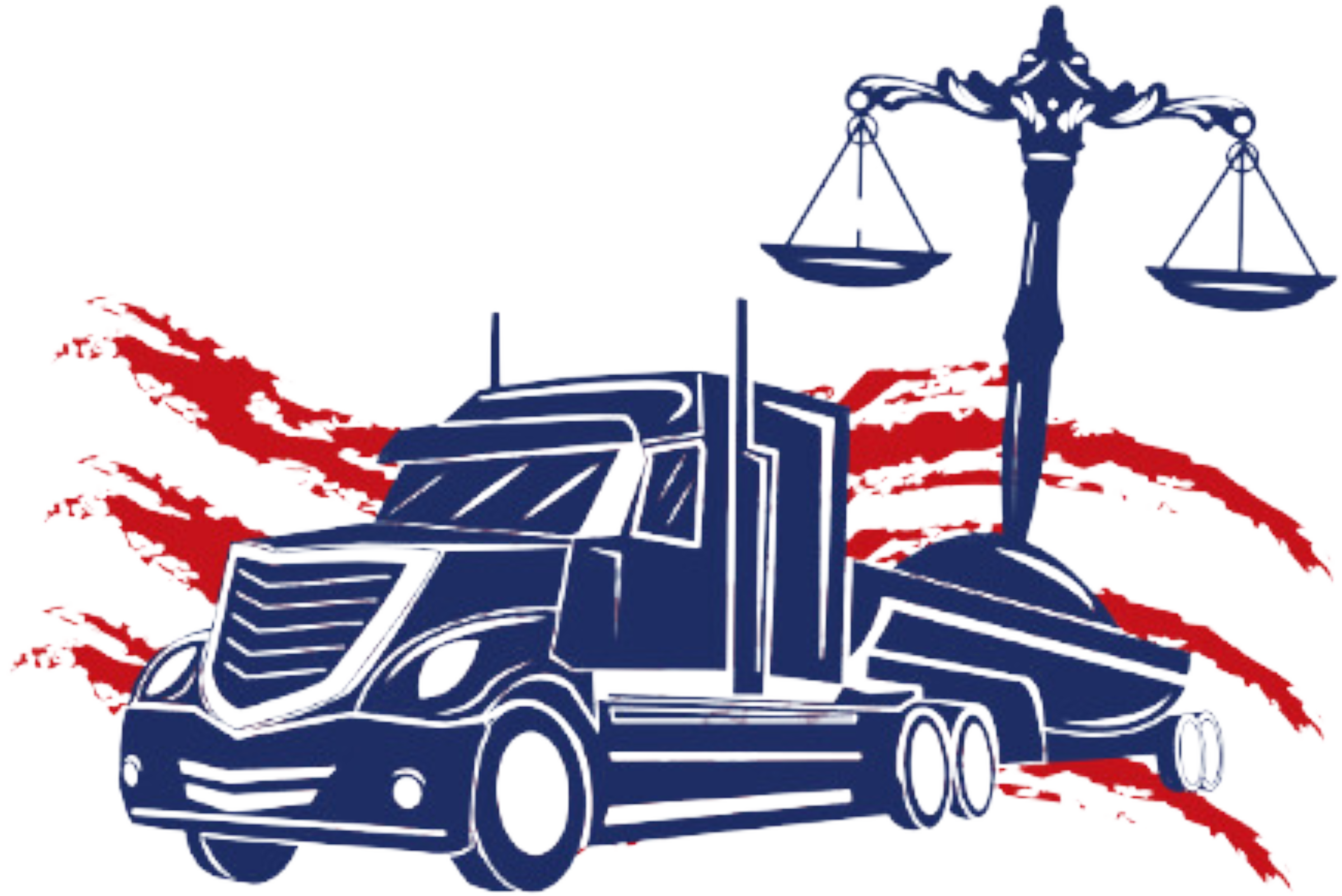Are truck drivers eligible for workers’ compensation?
Yes, many truck drivers are eligible for workers’ compensation, but it depends on their employment classification. Company drivers who receive a W-2 are typically covered under their employer’s workers’ compensation insurance. However, independent contractors or owner-operators may not be automatically covered, though some states have specific protections for them. If you were injured while working as a truck driver and are unsure whether you qualify for benefits, contact Long Haul Law today. We’ll review your case and help you understand your rights, so you don’t miss out on the compensation you deserve.
What types of injuries are covered under workers’ compensation?
Workers’ compensation covers a wide range of injuries that occur while performing job-related duties. Common injuries among truck drivers include back and neck strains from heavy lifting or prolonged driving, repetitive stress injuries such as carpal tunnel syndrome, and fractures or head trauma caused by falls or vehicle accidents. Additionally, truckers may suffer from occupational illnesses due to prolonged exposure to hazardous materials or poor working conditions. if you were injured while on the job, workers’ compensation should cover your medical expenses and lost wages. If your claim has been denied or delayed, let Long Haul Law fight for the benefits you’re entitled to – reach out today.
What benefits can I receive through workers’ compensation?
If you qualify for workers’ compensation, you may be entitled to several benefits, including coverage for medical expenses, lost wages due to time off work, and rehabilitation services if your injury requires ongoing treatment. In cases of permanent disability, workers’ compensation may also provide long-term or lifetime benefits. If a work-related injury prevents you from returning to your previous duties, vocational retraining may also be available to help you transition into a different role. If you’re struggling to get the benefits you need, don’t wait – contact Long Haul Law so we can help you secure the compensation you deserve.
What should I do if my workers’ compensation claim is denied?
If your workers’ compensation claim is denied, don’t assume that’s the final decision. Many claims are rejected due to paperwork errors, missed deadlines, or disputes over whether the injury was work related. The first step is to request a written explanation for the denial and gather any additional medical records or witness statements that support your case. You may also have the right to file an appeal, which often involves a formal hearing. Insurance companies frequently try to minimize payouts, but you don’t have to take on this fight alone. Let Long Haul Law handle the appeals process and fight for your benefits – schedule a free consultation today.
Can I file a lawsuit if workers’ compensation doesn’t cover all my damages?
Workers’ compensation is designed to provide benefits without the need for a lawsuit, but in some cases, additional legal action may be possible. If your injury was caused by a third party, such as a negligent equipment manufacturer or a reckless driver, you may have grounds for a personal injury lawsuit to recover damages beyond what workers’ compensation provides. Unlike workers’ compensation, a lawsuit may allow you to seek compensation for pain and suffering, emotional distress, and other non-economic losses. If you think you have a third-party claim, don’t leave money on the table – contact Long Haul Law to explore all your legal options.





